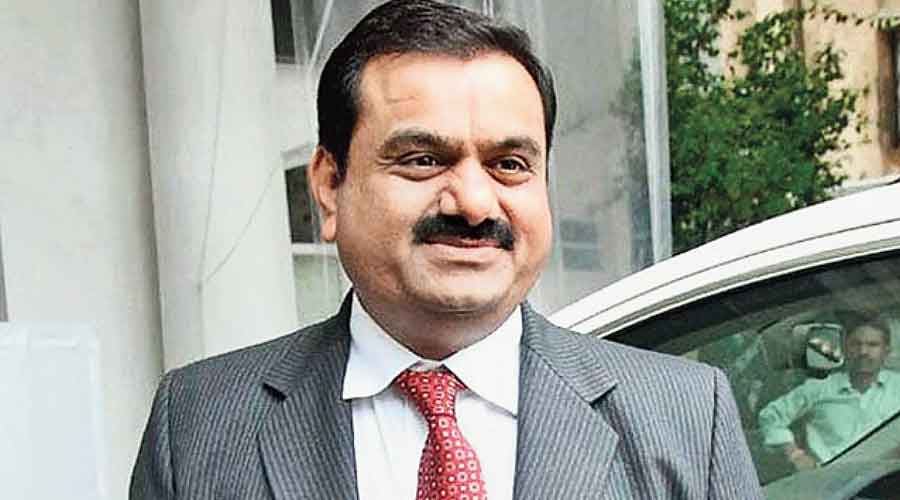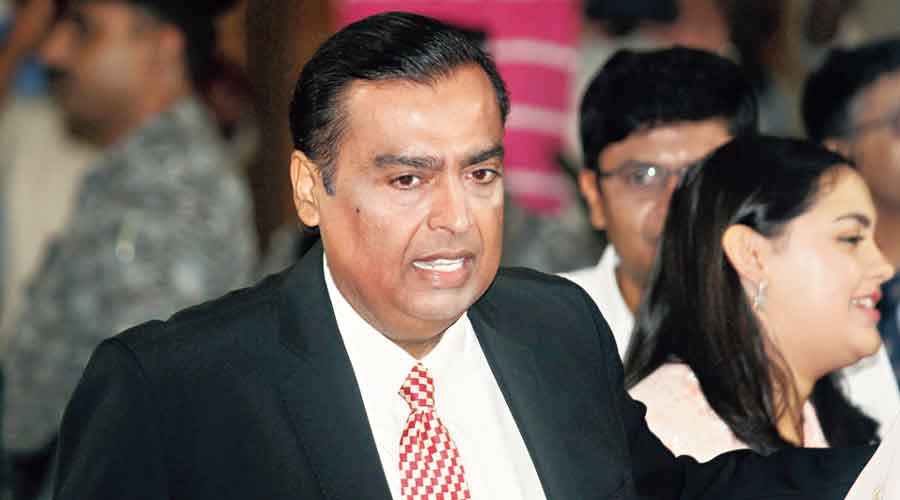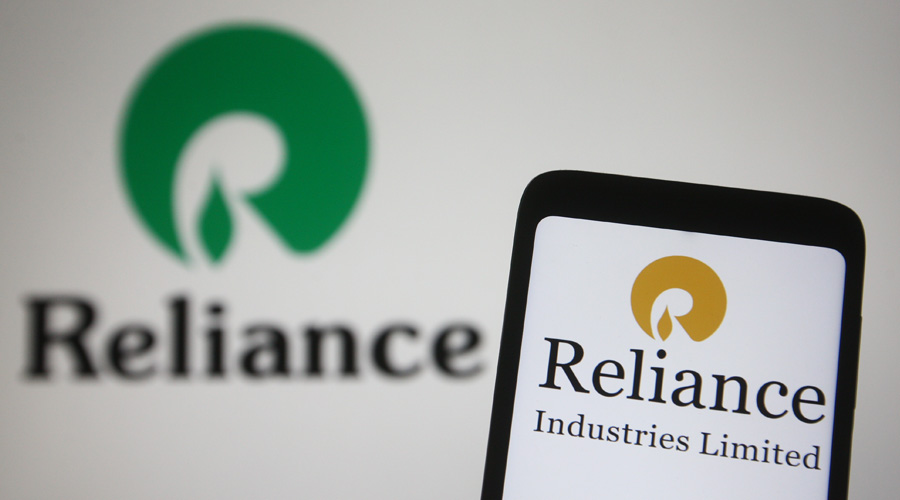The Congress on Monday used the Oxfam inequality report on India to blame “Modinomics” for the rise in the number of Indian billionaires from 102 in 2020 to 142 in 2021 while the share of the bottom 50 per cent of the population in the national wealth was a mere 6 per cent.
The Congress saw in the India supplement of the global Oxfam Davos report of 2022 a vindication of Rahul Gandhi’s “hum-do-hamare-do” swipe at the perceived crony capitalism on Modi-Shah’s watch.
Using the Forbes Billionaires Report, the India supplement says the collective wealth of India’s 100 richest hit a record high of $775 billion in October 2021. “And, more than 80 per cent of these families saw an increase in their wealth as compared to 2020, approximately three-fifths of (61 per cent) of these billionaires added a whopping $1 billion or more to their collective wealth.”
The report cites two billionaires in particular — Gautam Adani and Mukesh Ambani.
“About one-fifth of the increase in the rise of the richest 100 families was accounted for from the increase of the wealth of a single individual and business house — the Adanis. Gautam Adani, ranked 24th globally and second in India, witnessed his net worth multiply… from $8.9 billion in 2020 to $50.5 billion in 2021…. At the same time, Mukesh Ambani’s net worth doubled in 2021 to $85.5 billion from $36.8 billion in 2020,” the India supplement noted.

Gautam Adani. File photo
Referring to the Oxfam Inequality Report and without mentioning names, Rahul tweeted in Hindi that the Prime Minister was making his friends wealthier while weakening the masses with taxes and unemployment.
“Will these statistics be discussed at the World Economic Forum (WEF)? It should,” he added. Oxfam releases its global inequality report at the start of the WEF every year in Davos.
The India supplement flags three policy decisions of the Modi government as pro-rich, maintaining that “the abolition of ‘wealth tax’ in 2016, steep cuts in corporate taxes and an increase in indirect taxation have removed the rich from being the primary source of tax revenue”.
Further, it has deprived India’s states of important fiscal resources. “In spite of health being a state subject, during the pandemic year, the Centre continued to retain more resources in non-divisible pools rather than devolving them to manage the pandemic.”
Using the Oxfam India supplement, Congress spokesperson Gourav Vallabh demanded that petrol and diesel prices be reduced by Rs 25 per litre to shrink the ever-increasing income divide, and GST on essential items be exempted or rationalised as the high rate of taxation was regressive.
The Congress wanted to know why the wealth of the big corporate houses had multiplied manifold during the pandemic when the incomes of 84 per cent households across the country had declined.
When corporate taxes were reduced from 30 per cent to 22 per cent, why was the same relief not extended to the middle and lower income groups, Vallabh asked.












